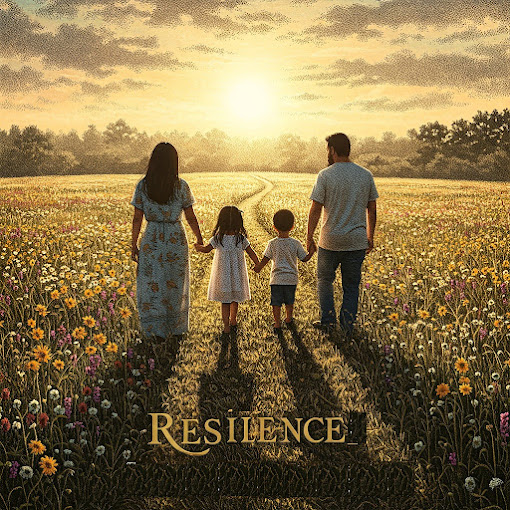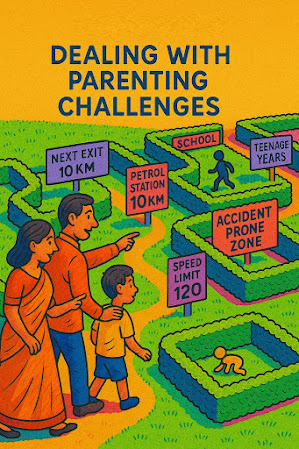6.14 Instilling Strong Family Values

Foundation Begins at Home The home is the first school of life, and the values imparted within its walls form the moral compass of children. From an early age, children observe and absorb behaviors, attitudes, and principles modeled by their parents and caregivers. Values such as honesty, respect, kindness, responsibility, and fairness are best taught not by lectures but by daily examples. Whether it is the way parents greet guests, respect elders, or deal with conflicts, every interaction becomes a live demonstration of value-based living. A child who sees humility in triumph, compassion in disagreement, and honesty in difficult times learns these virtues as natural responses. Traditions that Teach Values Family traditions are powerful carriers of values. They are not just celebratory moments but living practices of togetherness, respect, and gratitude. Participating in religious rituals, family meals, festivals, or even weekly chores teaches children the value of commitment, c...









